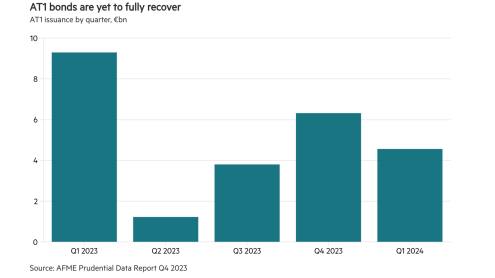On September 9 2021, the UK Financial Conduct Authority (FCA) published a consultation paper on its new powers to vary or cancel a firm’s regulatory permissions on short notice.
The FCA has, since its creation, had powers to unilaterally cancel or vary a firm’s permissions, including where the firm has not carried on an activity for which it has permission for 12 months or more. The new powers allow the FCA to act more quickly, with no obligation to demonstrate a particular period of non-usage and an expedited process for cancelling a firm’s permissions.
Where the new powers apply, the FCA must notify a firm if it proposes to vary or cancel its permissions. However, the FCA needs only provide the firm a minimum of 14 days to respond before it can make a final determination. Cancellation of a firm’s permissions can take effect a minimum of 14 days after that — a total minimum period of 28 days after the initial notice. Firms could therefore have very narrow windows to convince the FCA that they continue to require their existing permissions.
The FCA does not have to provide firms with any specific evidence before cancelling or varying permissions. In other words, the burden is on the firm to demonstrate the relevant permission(s) should not be cancelled or varied.
How does this affect banks?
The new powers generally apply only to firms authorised by the FCA under the Financial Services and Markets Act 2000. They do not apply to firms authorised by the Prudential Regulation Authority, and so do not apply directly to most legal entities authorised as banks in the UK. However, banking groups will be affected if they operate through, or partner with, FCA-authorised firms, such as non-bank investment managers, financial advisors, brokers, consumer credit firms or insurance intermediaries.
Moreover, the new powers reflect a broader shift in supervisory approach by UK regulators toward greater scrutiny of firms’ business plans and regulatory permissions. In particular, the consultation demonstrates that UK regulators continue to be concerned that many firms do not have the appropriate regulatory permissions for their businesses. This has significance for all UK regulated firms, including banks.
Key takeaways for banks
Banking groups should review on an ongoing basis whether their existing regulatory permissions are appropriate for their businesses. In particular, they should take into account any plans for expansion or new services, which may require new permissions or the use of permissions that are held but not yet used.
Firms across the financial sector have often applied for and obtained a broad range of regulatory permissions as part of their applications for authorisation, including permissions for activities that the firm might not initially intend to carry on. This has helped some firms to “future-proof” their businesses, so that additional permissions are less likely to be needed when existing services are expanded or new ones launched. Until recently, UK regulators did not typically take a hard line against such firms for using this overinclusive approach. However, given the FCA’s emerging focus on ensuring that firms have only the permissions they are actually using, firms will need to consider more carefully whether they are able to justify applying for permissions that might not be immediately required to operate their businesses.
Banking groups should consider whether they are using their existing regulatory permissions and include reviews of these in their change processes; for example, for new product launches, changes to business models and expansions of service offerings to new categories of clients. They should factor any required variations of permissions into timelines for the changes and have a clear strategy in place for communicating with their regulators.
Banking groups should also carefully review the regulatory permissions held by other financial institutions with which they partner, and seek to determine whether they are being used, particularly where those institutions are FCA-authorised and thus directly subject to the new powers. If a banking group partners with another institution to launch a new product based on proposals to use that institution’s existing regulatory permissions, the product launch could be undermined if the institution has permissions cancelled at short notice by the FCA.
Finally, as the UK regulators have relatively broad powers to publish notices they serve against firms, all regulated firms should consider the reputational risk that may arise as a consequence of a regulator making public a unilateral cancellation or variation of the firm’s permissions. This is another reason for firms to be vigilant and proactive in this area.
Max Savoie is a financial services partner at law firm Sidley Austin.












